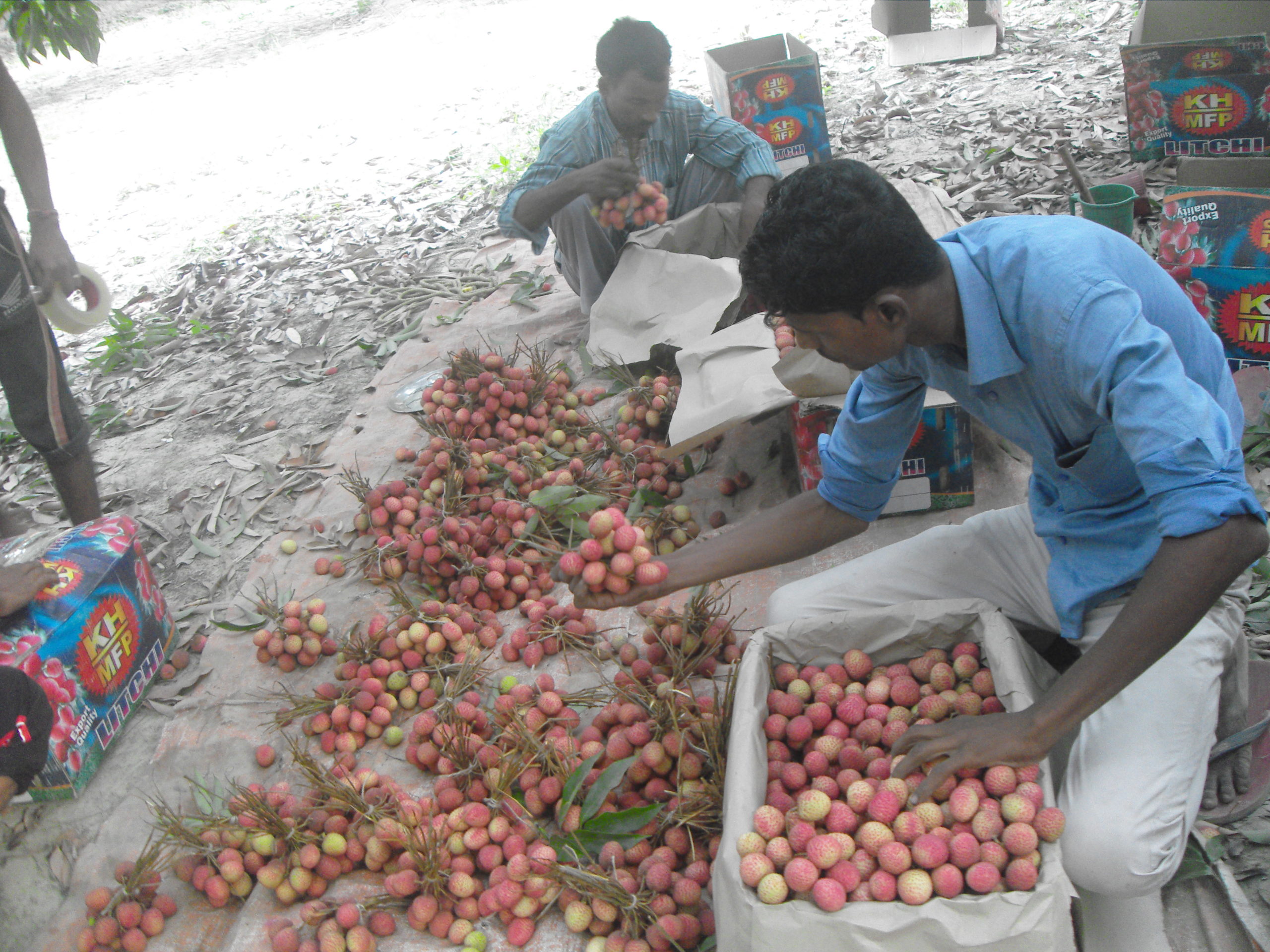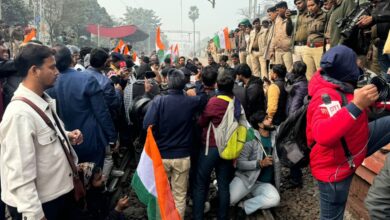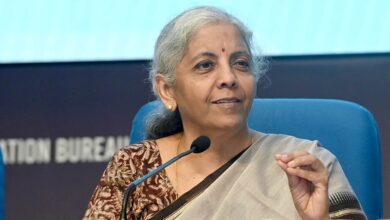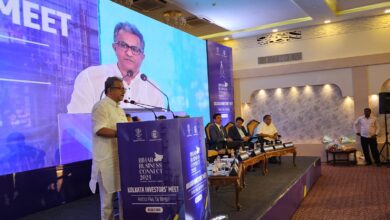Lockdown 2.0: Some economic activities to resume from April 20

Some economic activities especially related to farmers, industries operating in rural areas, e-commerce and construction of government projects would be allowed in selected areas from 20th April, the union home ministry said in a revised guideline issued on Wednesday, a day after Prime Minister Narendra Modi announced the extension of the nationwide lockdown till May 3.
As per the new guidelines, transportation of goods will be permitted without any distinction of essential or non-essential. Farming operations, including procurement of agricultural products, agriculture marketing through notified Mandis and direct and decentralised marketing, manufacture, distribution and retail of fertilisers, pesticides and seeds; activities of marine and inland fisheries; animal husbandry activities, including the supply chain of milk, milk products, poultry and live-stock farming; and tea, coffee and rubber plantations are allowed to be functional.
To provide an impetus to the rural economy, industries operating in rural areas, including food processing industries; construction of roads, irrigation projects, buildings and industrial projects in rural areas; works under MNREGA, with priority to irrigation and water conservation works; and operation of rural Common Service Centres (CSCs) have all been allowed.
Coal, mineral and oil production and some manufacturing activities would also be permitted. It includes manufacture of IT hardware and of essential goods and packagings. “Manufacturing and other industrial establishments with access control have been permitted in SEZs, EoUs, industrial estates and industrial townships after implementation of SOP for social distancing,” the government guidelines said.
Important components of the financial sector, e.g., RBI, banks, ATMs, capital and debt markets as notified by the Securities and Exchange Board of India (SEBI) and insurance companies will also remain functional, with a view to provide enough liquidity and credit support to the industrial sectors.
E-commerce operations, operations of IT and IT enabled services, data and call centres for Government activities, and online teaching and distance learning are all permitted activities now.
The revised guidelines also permit all health services and the social sector to remain functional; public utilities to function without any hindrance; the supply chain of essential goods to operate; and, important offices of Central and State Governments and local bodies to remain open with required strength.
“The revised consolidated guidelines are aimed at operating those sectors of the economy which are critical from the perspective of rural and agricultural development and job creation, while maintaining strict protocols in areas where safety is paramount to contain the spread of COVID-19 in the country,” a government statement said.
The objective of the revised guidelines is to consolidate the gains achieved during the 1st phase of lockdown and further slow down the spread of Covid-19 and provide relief to farmers, labourers and daily wage earners, it added. The revised guidelines would come into effect from 20th April 2020.
However, it is important to note that these activities would not be permitted within the containment zones as demarcated by States/ UTs/ District Administrations, as per the guidelines of the Ministry of Health & Family Welfare. In these zones, no unchecked inward/ outward movement of population would be allowed, except for maintaining essential services, i.e., medical emergencies and law & order duties, and government business continuity.
This will be a partial opening only as major economic activities would remain prohibited. The activities prohibited across the country include travel by air, rail and road; operation of educational and training institutions; industrial and commercial activities; hospitality services; all cinema halls, shopping complexes, theatres, etc., all social, political and other events, and opening of all religious places/ places of worship for members of public, including religious congregations.
(Gyanendra Keshri is Founder and Chief Executive, BiharConnect)




